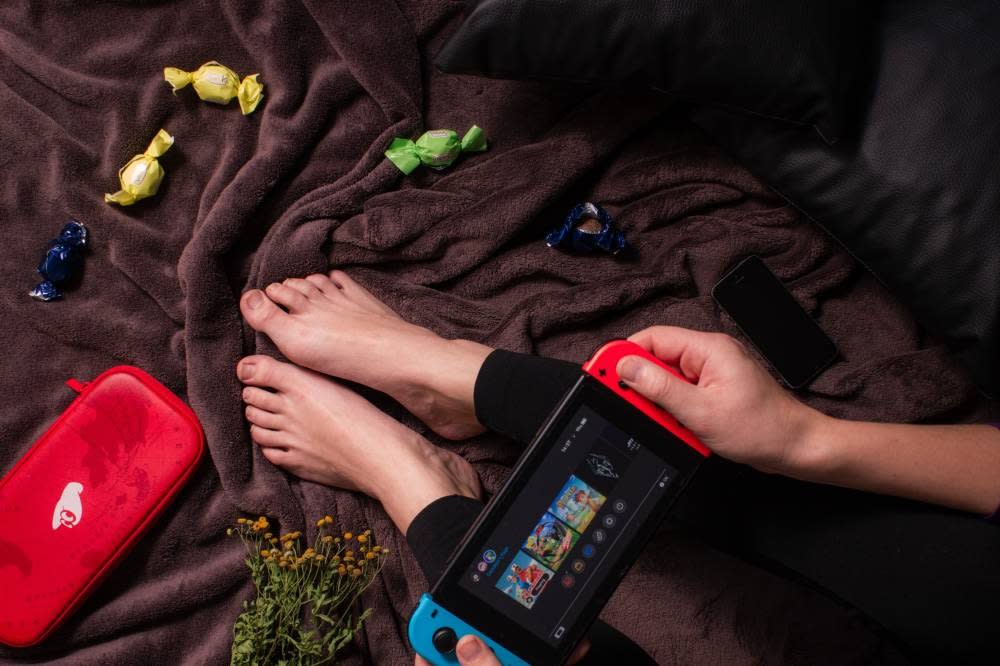UK’s NHS looking to prescribe video games to children, teens suffering from anxiety (Video)

KUALA LUMPUR, November 5 — The United Kingdom’s National Health Service (NHS) is looking at prescribing video games as treatment for children and teens.
This is following their National Institute for Health and Care Excellence (NICE) approving five cognitive-based digital tools that can be prescribed to children and young people with mild to moderate anxiety.
According to the Daily Mail, the digital tools that come in the form of games, videos and quizzes can be used with support from mental health professionals who hope that the tools will improve access to mental health support amid shortage of clinicians.
This is also following NHS figures which reported that nearly 400,000 children and young people in the UK were in contact with mental health services in July this year.
An approximately 50,000-increase compared to July last year and experts believe it was driven by the pandemic and the impact of lockdowns as well as school closures.
The digital tools which can be accessed via smartphones, apps and computers are designed to help children and young people to better manage their anxiety while also teaching them techniques to better understand it.
Lumi Nova: Tales of Courage by BfB Labs is a ‘therapeutic’ intergalactic adventure game designed to help seven to 12-year-olds self-manage their fears and worries.
Meanwhile OSI’s Monster’s Journey: Facing Fears offers not only a game but also comes with interactive worksheets, videos and quizzes.
The programme is parent-led, and the children would have weekly phone calls with a therapist to assess their progress
-insert Youtube1-
https://www.youtube.com/watch?v=fE0T9_fuRuc
According to NICE’s director of medical technology, Mark Chapman, the Covid-19 pandemic has greatly increased the need for child and young people’s mental health services.
"Technologies like these could help children and young people get wider access to support. We understand that for some children and young people technologies will not replace face-to-face interventions.
"What is promising about all the technologies we have conditionally recommended today is the way they bring together digital interventions with clinical support.
"By driving innovations like these into the hands of clinicians we can improve care for patients and help the service recover following the pandemic,” Chapman said.
According to a lay member of NICE’s independent medical technologies committee, Marie Simmons said that children and young people might opt for digital support rather than face-to-face treatment.
"I am aware of how children and young people can be affected by mental health difficulties, including my own children and those in my work in schools.
"Some children and young people find it challenging to socially communicate and interact, which can affect their mood and cause anxiety. Having more digital support may well be more attractive and accessible.
"Also, if digital support can be offered earlier than face to face treatment, this can give support and importantly validation to their feelings sooner,” Simmons said.



